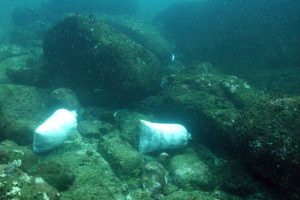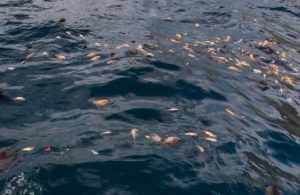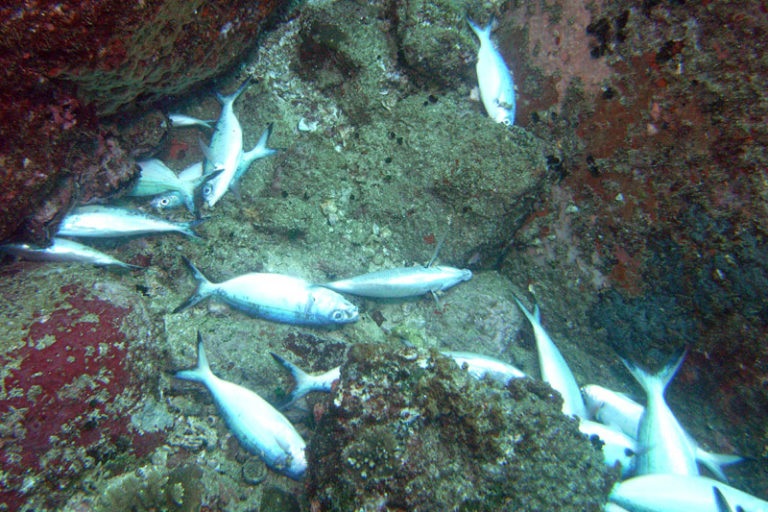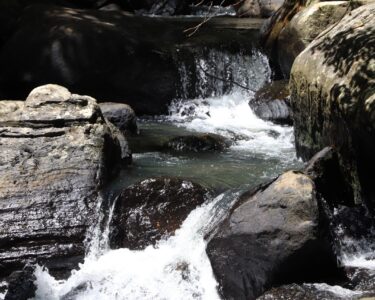Using explosives is illegal, wasteful, and devastating to marine life and people’s livelihoods, reported the Guardian in mid-2023. The practice, however, remains prevalent in Sri Lanka and around the world.
A powerful dynamite blast could not only destroy fish but also coral reefs, marine plants and animals, and the entire habitat.

Fishermen who spoke to Lanka Newsline said that blast fishing is carried out by organized businessmen who have infiltrated the fishing industry. They emphasized that traditional fishermen rarely engage in this harmful practice.
“We are well aware that blast fishing seriously lessens the fish harvest as it kills the small fish and disrupts the breeding process,” said Augustine Sangaram, a fisherman from the eastern coast.
According to the Guardian, a variety of explosives are used, including gelignite, water gel sticks, and detonators, often smuggled from stone quarries. Between 2019 and 2023, the Sri Lankan navy reported seizing 18 gelignite sticks, 12,570 water gel sticks, and 3,073 detonators, but indicated that many more likely go undetected.

Environmental journalist Malaka Rodrigo observes that blast fishing is widely practiced in the seas around Sri Lanka, with even marine parks and historical shipwrecks not immune to this illegal practice. Authorities suspect that blast fishers work as part of a network to evade capture and obtain explosives, including by smuggling them by sea from India.
Blast fishing also poses a threat to recreational divers, with a serious injury or even death potentially spelling the end for Sri Lanka’s dive tourism industry.
Hans-Georg Kehse, who operates a dive center near the Pigeon Island National Park in Trincomalee, said, “Fish bombs or dynamite fishing has become a common occurrence in and around Pigeon Island National Park, where the sounds of such explosions have become frequent.”







